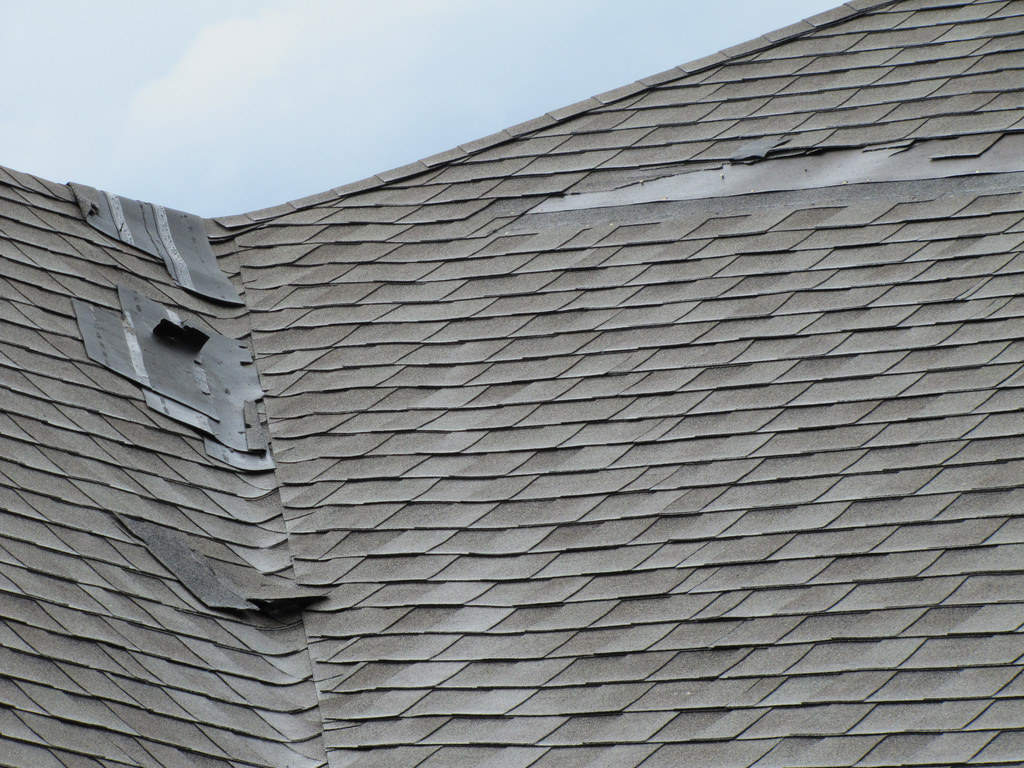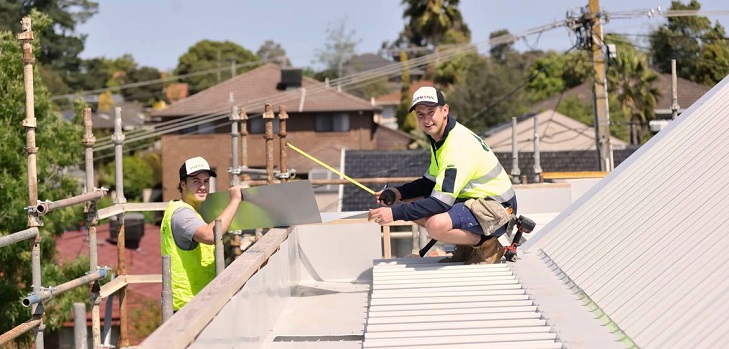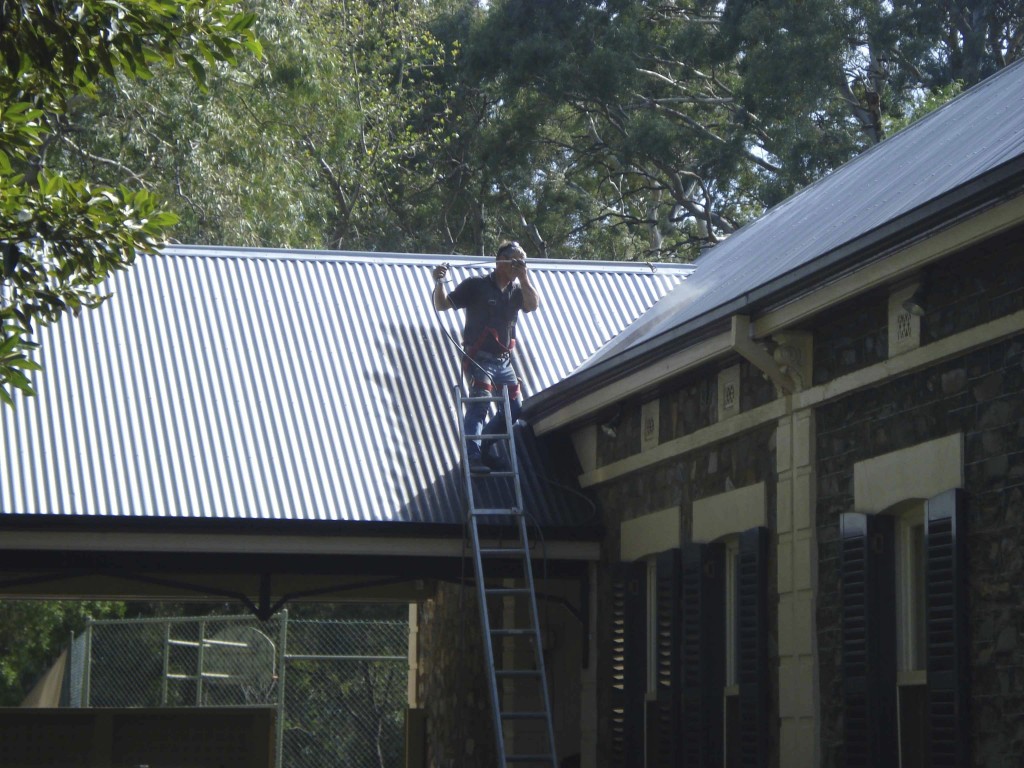Ever found yourself staring up at your roof, wondering just how long it’s going to stand up to the elements? Well, you’re not alone. Roofs, those silent guardians above our heads, play a crucial role in keeping our homes cozy and dry. But let’s face it, not all roofs are created equal. Whether you’re thinking about replacing your current roof or just trying to understand its life expectancy, we’ve got you covered.
In this post, we’re diving into the nitty-gritty of roof longevity, exploring the various materials that top our homes and how they stack up against the test of time. So, continue reading.
Asphalt Shingles – Average Lifespan
Asphalt shingles, a prevalent choice in North America, come in different tiers. The most economical, three-tab shingles, typically endure 15 to 25 years. “Architectural” or “dimensional” shingles, the most popular, boast a lifespan of 25 to 35 years. For those seeking even greater longevity, premium or “luxury” shingles can last from 30 to 45 years.
Clay & Concrete Tiles – Average Lifespan
Tile roofs, particularly those made of concrete or clay, are renowned for their longevity. Concrete tiles generally last 40 to 100 years, while high-quality clay tiles can endure up to 150 years with proper care.
Metal Roofing – Average Lifespan
Metal roofing provides a range of options, each with varying lifespans. Aluminum roofs last 50 to 80 years, copper roofs boast a lifespan of 90 to 150 years, and steel roofs endure 40 to 60 years.
Single-Ply Membranes – Average Lifespan
Single-ply roofing systems, including EPDM, PVC, and TPO, offer versatility but exhibit differing lifespans. A 45-mil single-ply lasts 15 to 30 years, a 60-mil variant endures 20 to 35 years, and a robust 90-mil single-ply can last 25 to 40 years.
Slate Roofs – Average Lifespan
For unparalleled durability, slate shingles stand out, lasting over 200 years with proper care. Generally, homeowners can expect a slate tile roof to endure between 100 and 200 years.
Wood Shingles & Shakes – Average Lifespan
Wood shingles and shakes, thickness-dependent, offer a lifespan of 25 to 40 years for shingles and 30 to 50 years for shakes.
Roof Lifespan Information on the Internet
Understanding a roof’s lifespan is crucial for homeowners and professionals alike. Reliable sources, such as independent roof consultants, provide valuable insights into roof life expectancy.
Factors That Determine Roof Lifespan
Understanding the factors that influence the lifespan of a roof is crucial for homeowners when choosing roofing materials. Several critical elements play pivotal roles in determining how long a roof will last:
- Roofing Material Type and Quality: The type of roofing material selected sets a general limit on the roof’s life expectancy. Some materials inherently last longer than others, and the quality of the materials and the reputation of the manufacturer are crucial considerations.
- Workmanship or Installation Quality: The quality of workmanship during installation is equally vital. Even minor deviations from installation standards can lead to premature roof failure, resulting in issues such as seam failure, leaks, or wind blow-off. Engaging highly qualified roofing contractors is essential to mitigate such risks.
- Climate or Local Environment: The local climate and environmental conditions also significantly impact a roof’s durability. Coastal regions with high corrosive salt levels or areas with intense sunlight can accelerate the deterioration of common construction materials.
- Roof Accessories: The use of proper roof accessories, including fasteners and battens, is a critical component in ensuring long-term performance. For instance, the failure of low-quality fasteners and battens is a common reason for premature tile roof failure.
- Roof Maintenance Program: A proactive roof maintenance program is another significant factor, especially for flat roofs. Rigorous maintenance, including biannual inspections and prompt issue resolution, can extend a roof’s lifespan by up to 30% beyond its design life.
- Material Thickness: The thickness of the roofing material is a key consideration, with thicker shingles, panels, membranes, or tiles generally correlating with longer roof lifespans. Homeowners should prioritize materials with adequate thickness to enhance durability.
Contact Sydney Wide Roofing Co to Learn More!
In summary, the interplay of roofing material type, quality, workmanship, climate, accessories, maintenance, and material thickness collectively determines the longevity of a roof. Understanding these factors allows homeowners to make informed decisions, ensuring that their chosen roofing solution stands the test of time.
In addition to the detailed exploration of roofing materials and factors influencing lifespan, it’s essential to touch on the importance of regular inspections and maintenance. Sydney Wide Roofing Co recommends incorporating a proactive approach to extend the life of your roof. Visit our website (https://sydneywideroofingco.com.au/) today!




